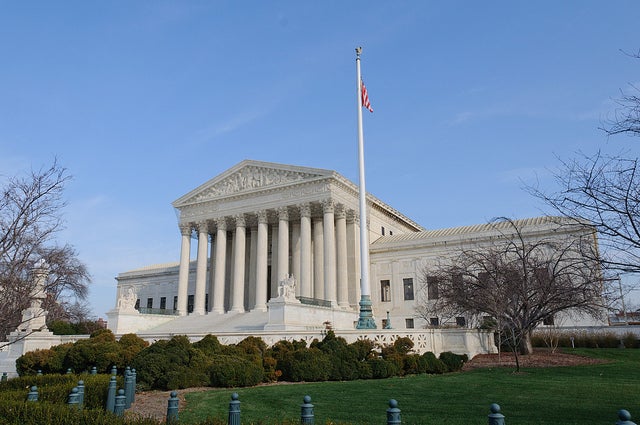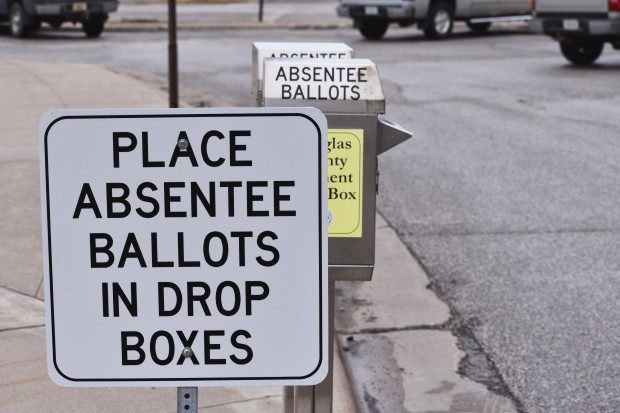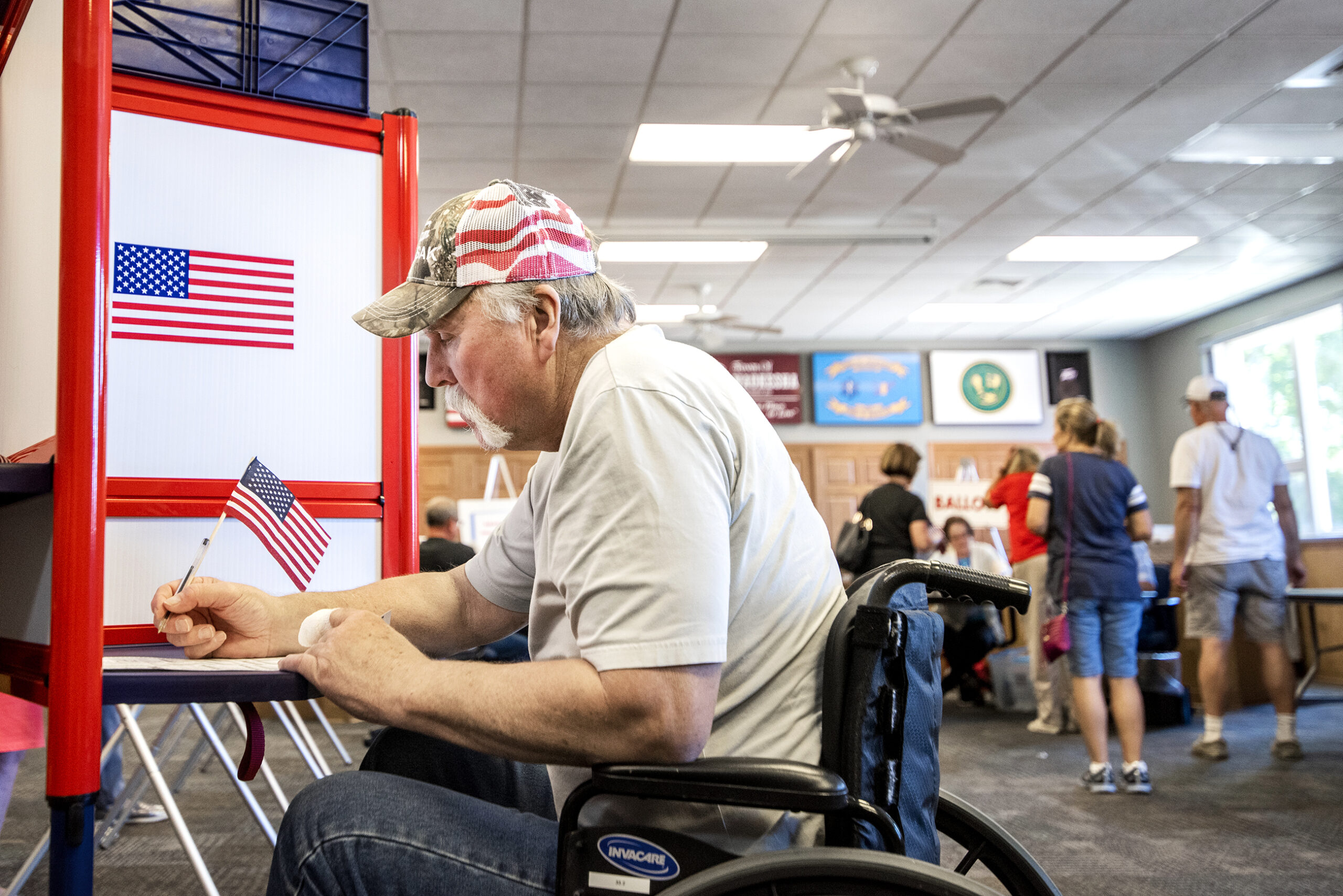The U.S. Supreme Court could rule any day now on an appeal that seeks to halt Wisconsin’s voter ID law before the November election.
Plaintiffs challenging the law want the Supreme Court to block a September appeals court order that effectively reinstated voter ID. They say that order unfairly changed the rules in the middle of an election. The state Justice Department filed its own brief on Tuesday urging justices to leave the law alone, since election officials have been working for weeks to implement it. That appeal is now in the Supreme Court’s hands.
The fight over the voter ID law also entered another legal arena this week, after plaintiffs appealed a ruling from the U.S. 7th Circuit Court of Appeals that declared the law to be constitutional. The 7th Circuit is the same court that issued the order now before the Supreme Court. Whereas that order merely allowed Wisconsin to enforce its voter ID law, this ruling is an official decision on the law’s constitutionality.
Stay informed on the latest news
Sign up for WPR’s email newsletter.
In the majority opinion for the new decision, Judge Frank Easterbrook wrote that for most eligible voters, “not having a photo ID is a matter of choice rather than a state-created obstacle.” Plaintiffs’ attorney Katherine Culliton-Gonzalez of the Advancement Project, called Easterbrook’s ruling, “shockingly appalling and elitist.”
“It really has no regard for the many thousands of voters of Wisconsin who don’t have the notice or the time or can pay for the transportation to make one or two or three trips to the DMV in order to be able to vote in four weeks,” she said.
Plaintiffs have asked all 10 judges on the court of appeals to reconsider Easterbrook’s decision, and not just a three-judge panel. The last time they asked the full court to reconsider part of this case, judges split 5-5, one vote shy of the majority needed.
Wisconsin Public Radio, © Copyright 2024, Board of Regents of the University of Wisconsin System and Wisconsin Educational Communications Board.





